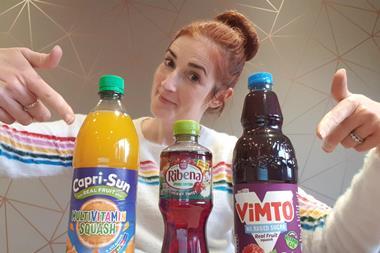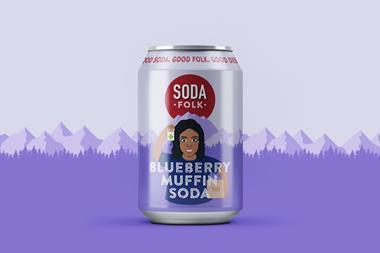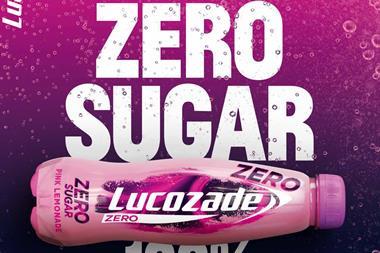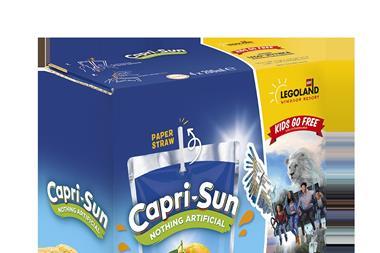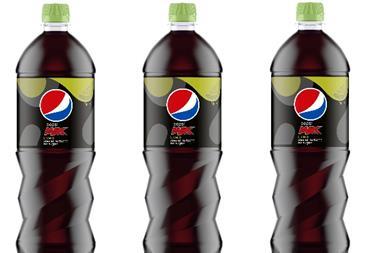Britvic reveals c-store soft drinks winners and losers of 2020
By  Sarah Britton2021-05-06T07:44:00
Sarah Britton2021-05-06T07:44:00

Source: GettyImages-57306720
The firm unveiled its findings at the launch of the Britvic Soft Drinks Review.
ALREADY HAVE A REGISTERED USER ACCOUNT? PLEASE LOG IN HERE
To read the full story join the ConvenienceStore.co.uk community today!
Registration is quick and easy and provides access to:
- Unlimited ConvenienceStore.co.uk articles
- Our great range of newsletters
- Content you’ve saved for later via the ‘my library’ feature
And much more…
More from News
Unlimited Access + Newsletters
Register today to gain unlimited access to articles and to receive our great range of email newsletters.




















